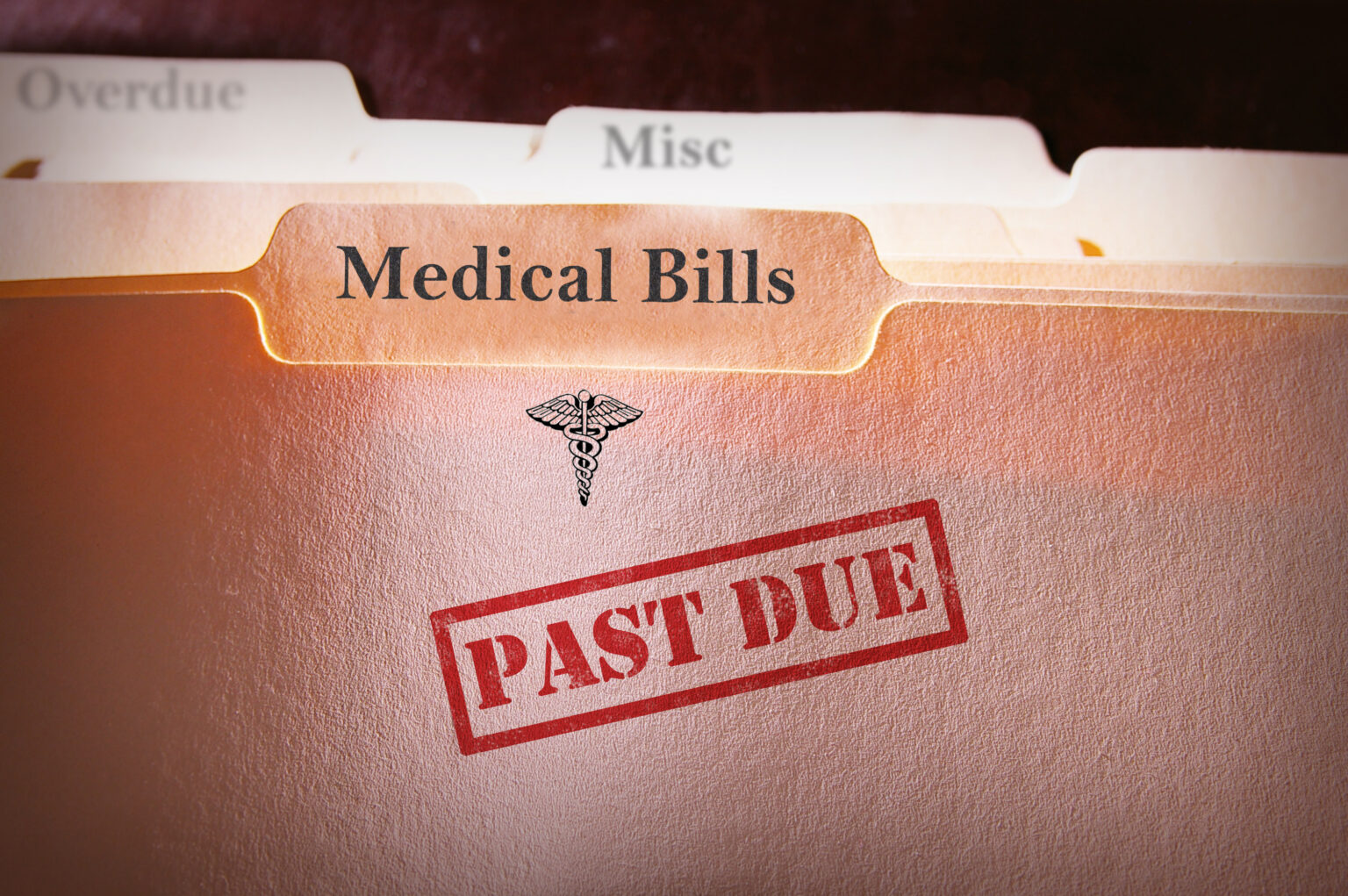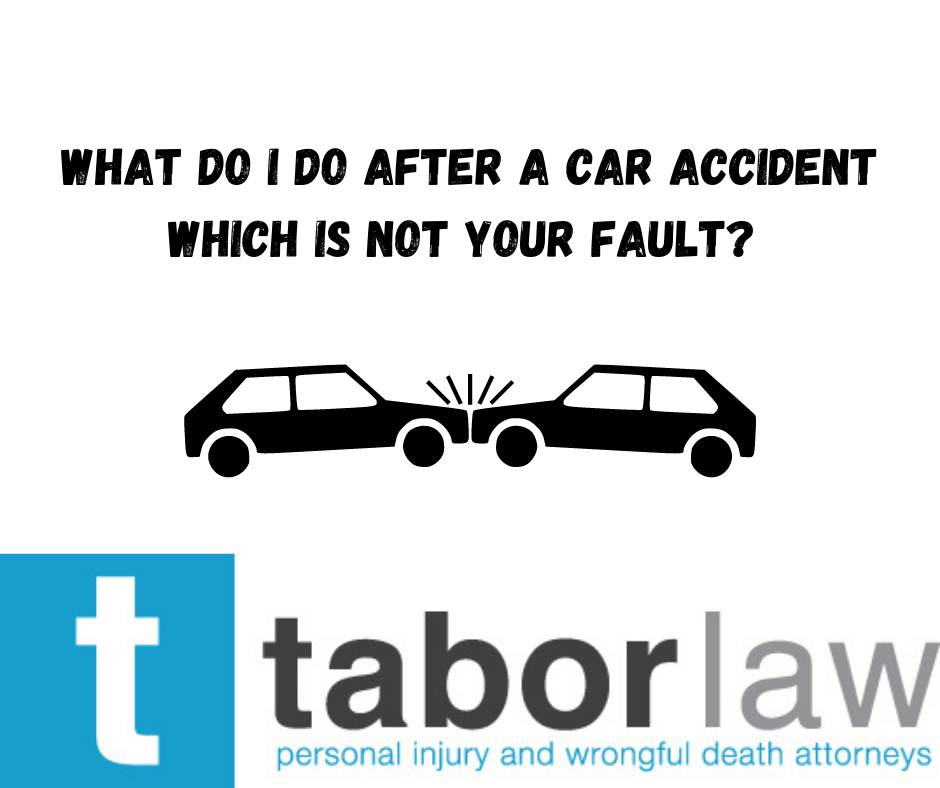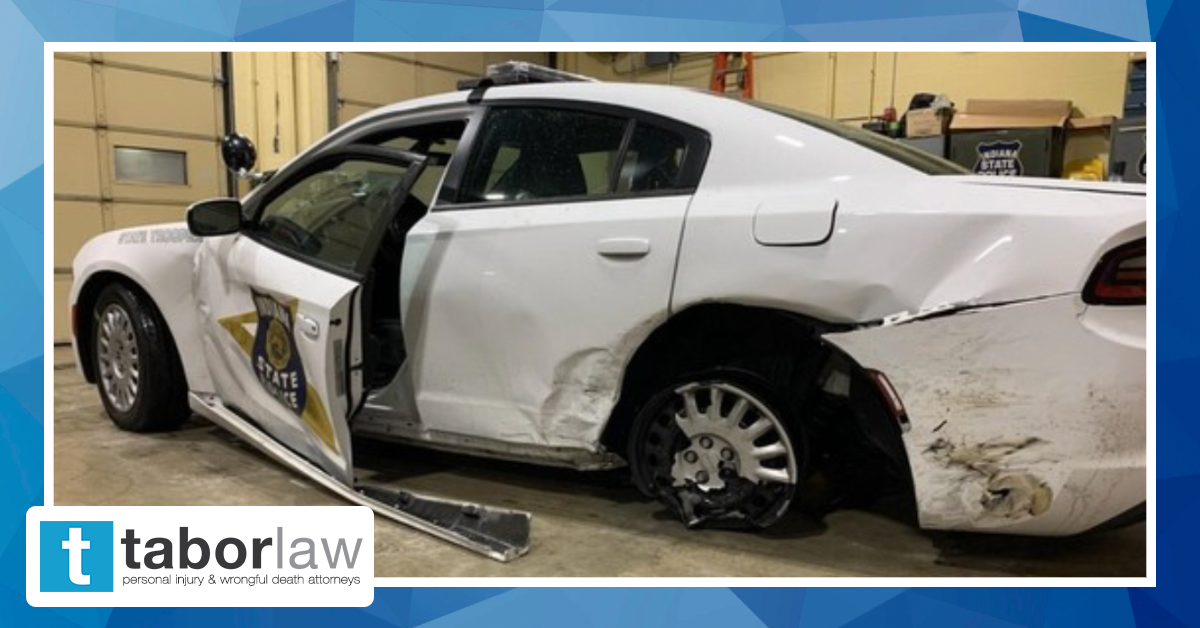
A well-meaning medical professional could potentially misdiagnose you, but that does not necessarily mean they have committed a grave offense. Some ailments are difficult to diagnose, and certain symptoms could suggest a wide variety of possible conditions. However, if a doctor is negligent and reckless in their failure to assess your symptoms and appropriately treat you, they may be at fault for medical malpractice, especially if you experience injuries as a result of the misdiagnosis.
If you are confident that you have been misdiagnosed, you might be wondering if you have a medical malpractice claim. Below, we review several questions that can help determine whether your doctor was negligent in treating you and whether their conduct may qualify as malpractice.
Was There a Duty of Care?
You may be friends with medical professionals, and they might offer you casual advice based on your symptoms. You might even elect to pursue treatment based on their remarks. Alternatively, you might choose to avoid seeking your doctor’s opinion as a result of their unofficial assessment. In these instances, the medical professionals are not formally diagnosing someone or prescribing treatment. If their advice turns out to be misguided and results in harm, you will in most cases not be able to pursue a malpractice claim against them.
To successfully pursue a medical malpractice claim, you must demonstrate that there was a duty of care between the claimant (the patient) and the defendant (the doctor). In other words, you in most cases will not be able to bring a medical malpractice claim against someone who is not your doctor. Any doctor or specialist you see in a professional medical setting likely owes you a duty of care. A duty of care does not generally exist when someone offers casual advice, even if they are a medical professional.
Is Your Doctor Fully Evaluating Your Medical History?
Whether you are seeing your primary care provider or the first physician available, your doctor should carefully review the entirety of your and your family’s medical history. They should take note of any recent surgeries or procedures as well as existing conditions and medications. This information must inform their diagnosis and recommended treatment.
Part of proving medical malpractice involves establishing that the medical professional behaved in a way that another provider would reasonably deem unsafe or unacceptable. Your doctor may meet this standard if they negligently fail to account for critical elements of your medical history, even when you take the initiative to point out certain factors. A doctor is less likely to be guilty of medical malpractice if they thoroughly evaluate your situation and simply make an understandable mistake stemming from ambiguous symptoms.
Is Your Doctor Utilizing All Available Diagnostic Tools?
There are many methods and tests that can be used to eliminate possibilities and arrive at an accurate diagnosis. Many of these diagnostic tools require a simple examination of the patient, while others may be more resource- and labor-intensive. Your doctor could decline to conduct certain tests if they are convinced they will not be effective in diagnosing you.
Again, medical malpractice can occur only if the professional behaves in a way that unacceptably deviates from medical standards. If your doctor refuses to test for certain conditions as the result of a reckless assumption – and that refusal leads to an injury-causing misdiagnosis – they may be at fault for malpractice. You may be less likely to have a claim if your doctor leverages all available testing resources and indulges any specific concerns that you present.
Do You Feel Respected in the Patient-Doctor Relationship?
Strong patient-doctor relationships are built on trust and mutual respect. Your doctor’s number-one goal should be to accurately diagnose you and get you the care you need to swiftly recover.
If you are struggling to be heard in an appointment, your doctor may not be appropriately prioritizing your needs. Your doctor could jump to conclusions before evaluating the full extent of your symptoms. They might also improperly suggest symptoms are the result of stress, weight, or mental health issues rather than a physical and treatable ailment.
In some cases, an innocent misdiagnosis can become medical malpractice when a doctor refuses to consider the possibility that they made a mistake. If you return to your provider and report that the initial treatment plan failed to address the symptoms or made them worse, your doctor should reassess every element of the problem. If your doctor is not listening to you, is dismissive of your concerns, and/or refuses to try another approach, they may be negligently handling your diagnosis. In these cases, it may be wise to get a second opinion.
Have You Suffered Injuries Due to the Misdiagnosis?
Realizing you may have been misdiagnosed can be immensely frustrating, especially if your symptoms are significant. However, a misdiagnosis does not necessarily constitute medical malpractice if no direct harm was incurred, even if the mistake was the result of reckless or negligent behavior.
Winning a medical malpractice lawsuit requires proving you suffered harm as a direct result of the misdiagnosis. In practice, this means that your original condition must have worsened because of misguided treatment and/or a failure to appropriately treat it. You may also have a case if improper treatment connected to your misdiagnosis produced a new injury or ailment. You will most likely not be able to recover compensation if your misdiagnosis resulted in no new or exacerbated injuries.
Have You Suffered Damages as a Result of Your Misdiagnosis?
If a misdiagnosis led to the development of a new ailment or worsened an existing one, you almost certainly sustained damages in the form of medical expenses as well as physical and/or emotional pain and suffering. You may have also been forced to miss work and lost wages as a result.
In a medical malpractice claim, you must prove that you incurred monetary and/or non-monetary damages due to the misdiagnosis. So long as you experienced pain or stress as a result of your new or more pronounced symptoms, you will likely meet this requirement.
We Can Help You with Your Medical Malpractice Claim
To review, prevailing in a medical malpractice claim involves establishing a duty of care, an unacceptable deviation from medical protocols, harm directly resulting from that deviation, and damages stemming from those injuries. If you can demonstrate these elements, you may be able to secure compensation for economic damages (costs of medical treatment, missed wages) and non-economic damages (physical and emotional pain and suffering).
Our medical malpractice lawyers at Tabor Law can evaluate your situation, advise whether you have a case, and provide you with the seasoned representation you need to pursue your claim. We are prepared to fight for you in and out of the courtroom and will work tirelessly to obtain a favorable and fair outcome.
Get the guidance you need when considering a medical malpractice lawsuit. Call (317) 236-9000 or contact us online today!















































































